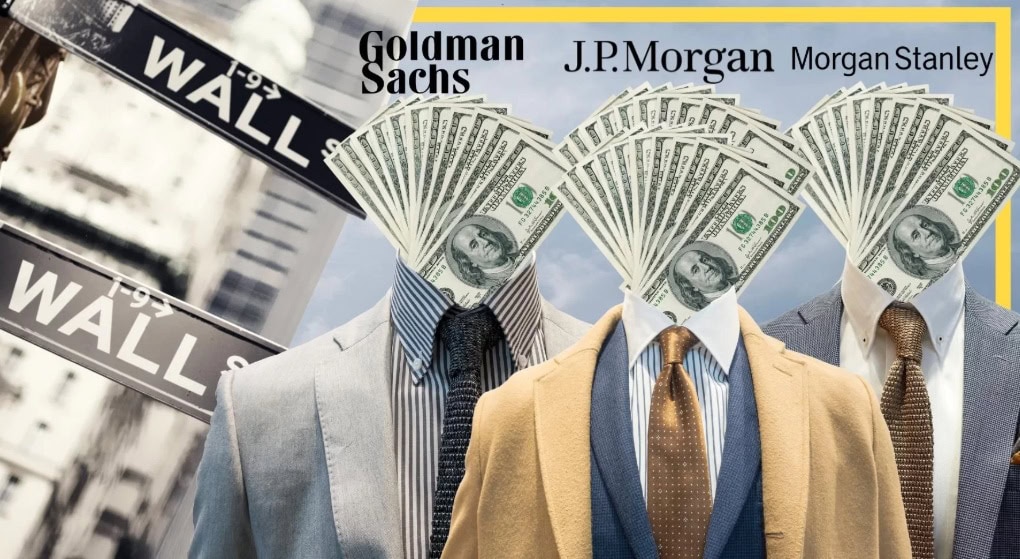The Democrats’ presidential nominee Kamala Harris has pledged to boost investment in artificial intelligence and crypto should she be successful in November’s election, but many industry insiders are sceptical about this pledge.
Speaking at a fundraiser in Manhattan last weekend, Harris said that “I will bring together labour, small business founders, and innovators and major companies. We will partner together to invest in America’s competitiveness, to invest in America’s future. We will encourage innovative technologies like AI and digital assets, while protecting our consumers and investors.”
This was the first time that Harris has addressed the topic of cryptocurrencies directly, although one of her campaign policy advisers said at the Democratic National Convention (DNC) in August that Harris is keen to grow the digital assets industry.
Kamala Harris vowed to help grow investment in AI and crypto if elected https://t.co/wSoRdUVkQD
— Bloomberg Crypto (@crypto) September 22, 2024
However, not all are convinced, especially given that Harris has yet to offer much detail about what her specific policies around digital assets will be. Tim Kravchunovsky, founder and CEO of the decentralised telecommunications network Chirp, told Disruption Banking that “over the weekend, Kamala Harris made a speech that briefly mentioned digital assets and now everyone is beside themselves thinking that she will support crypto innovation. But the reality is that we didn’t hear any details from her on how exactly she plans to offer this support. It seems like she says what people want to hear without a concrete plan behind her words.”
“During this administration, the SEC has shown its stance on crypto and unless I hear something concrete from Harris, I will take it as hot air. Plus, in the past, Hillary Clinton, who remains an influential figure within the Democratic party, has expressed that crypto is a threat to the US dollar,” Kravchunovsky added. “So, who’s to say that the attitude towards digital assets will change under a Harris presidency?”
“So far, we have heard much more detail from Donald Trump when it comes to specific crypto-related policies, such as creating a strategic Bitcoin reserve. I’d like to hear more specifics from the Harris campaign, too.”
JUST IN: Fox News reports President Trump will announce a #Bitcoin strategic reserve in Nashville.
— Simply Bitcoin (@SimplyBitcoinTV) July 23, 2024
Yuge! 💯pic.twitter.com/VMXiKjRplQ
It is certainly the case that Trump has offered more details on how he plans to approach the crypto industry when in office. Trump previously took a tough stance against the emerging crypto industry, saying in 2019 that “I am not a fan of Bitcoin and other cryptocurrencies, which are not money, and whose value is highly volatile and based on thin air. Unregulated. Cryptoassets can facilitate unlawful behaviour, including drug trade and other illegal activity.”
However, Trump has since changed his mind on this and has pledged to bring forward a number of policies that many crypto entrepreneurs have welcomed. For one, the Republicans have pledged to “defend the right to mine Bitcoin” and have come out strongly against the idea of a CBDC. Trump has also promised to fire Gary Gensler as chairman of the Securities and Exchange Commission – who has controversially pursued many cryptoexchanges in the courts for alleged violation of securities laws – and appoint regulators more favourable to the industry. He has also said that he will introduce a framework for the regulation of stablecoins.
The Republican National Committee has adopted an ambitious platform to promote innovation in the US digital assets industry and protect the rights of bitcoin holders.https://t.co/Kk4cSct8Ss
— #DisruptionBanking (@DisruptionBank) September 24, 2024
At least symbolically, Trump appears to have positioned himself as the most crypto-friendly candidate at this election. Earlier this week, the former president was filmed using Bitcoin to purchase burgers at a Manhattan restaurant. However, it remains to be seen how serious both candidates are about promoting innovation in the digital assets industry.
In Kravchunovsky’s words, “even if both presidential candidates promise the moon, let’s not forget that it’s politics.”
“There’s no guarantee either of them will truly deliver on their promises.”
Author: Harry Clynch
#Crypto #DigitalAssets #USPolitics #Harris #Trump #USElection















